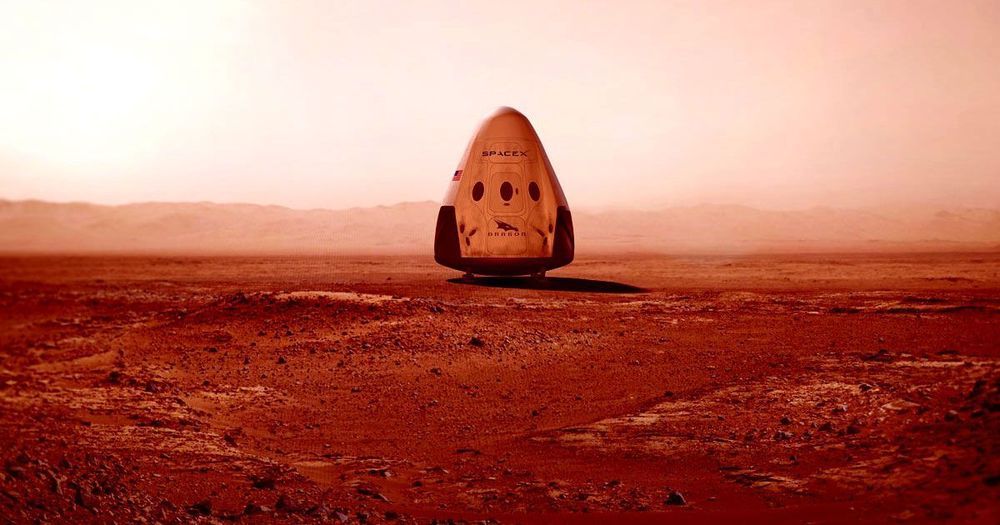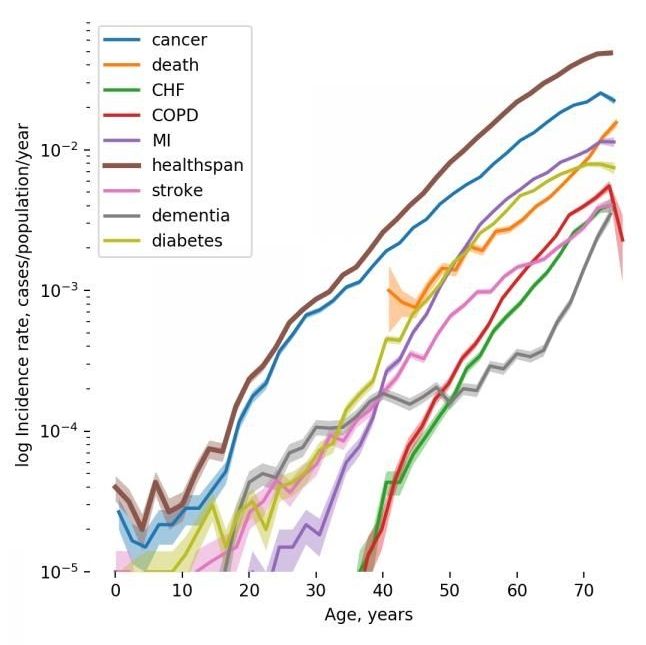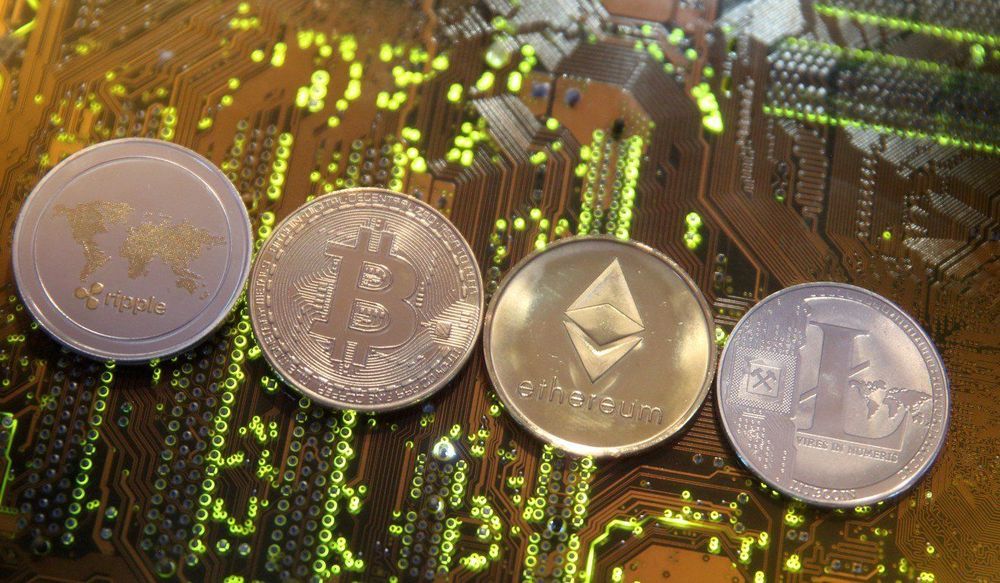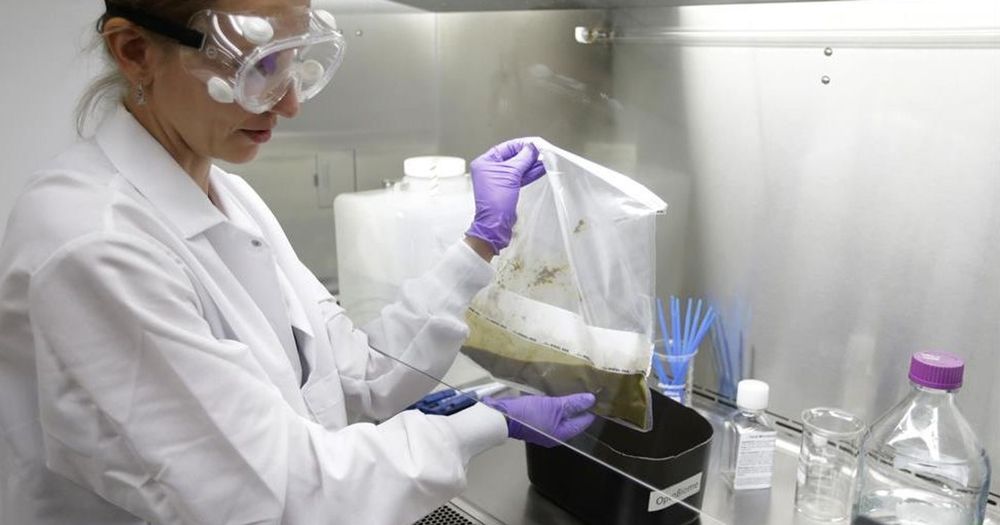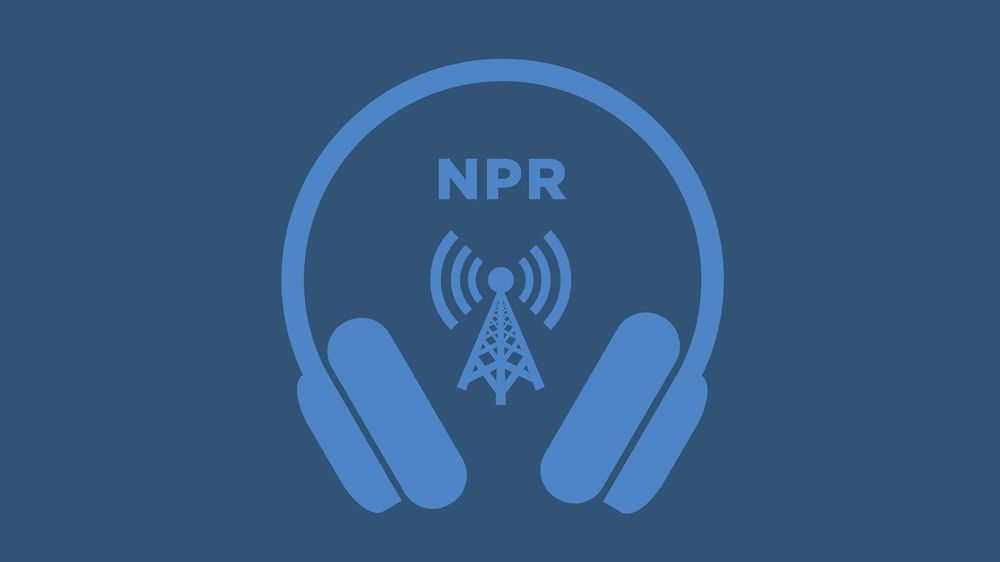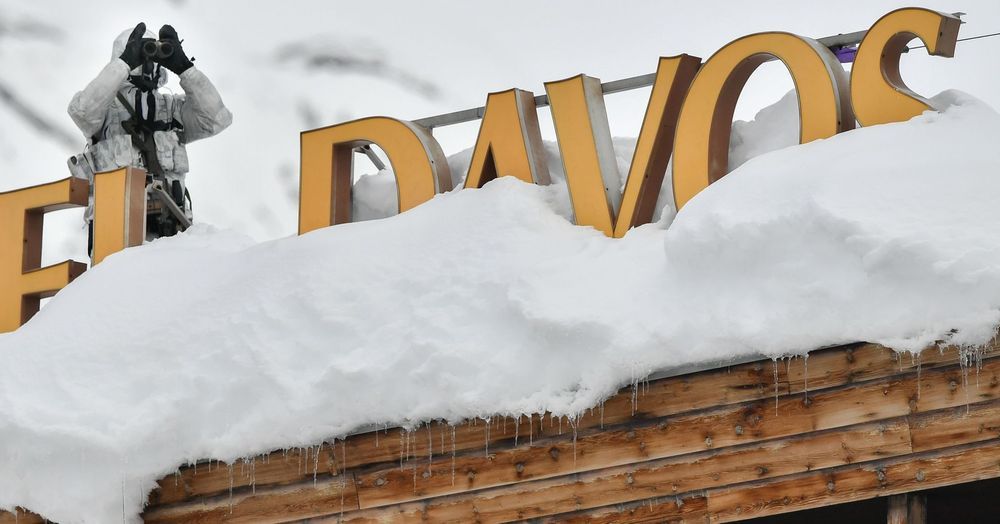Lighter than air! Stronger than steel! More flexible than rubber! No, it’s not an upcoming superhero flick: It’s the latest marvelous formulation of carbon nanotubes–at least as reported by the creators of the new super-material. Researchers working on artificial muscles say they’ve created nanotech ribbons that make our human muscles look puny by comparison. The ribbons, which are made of long, entangled 11-nanometer-thick nanotubes, can stretch to more than three times their normal width but are stiffer and stronger than steel… They can expand and contract thousands of times and withstand temperatures ranging from −190 to over 1,600 °C. What’s more, they are almost as light as air, and are transparent, conductive, and flexible [Technology Review].
The material is made from bundles of vertically aligned nanotubes that respond directly to electricity. Lengthwise, the muscle can expand and contract with tremendous speed; from side-to-side, it’s super-stiff. Its possibilities may only be limited by the imaginations of engineers. [The material’s composition] “is akin to having diamond-like behavior in one direction, and rubber-like behavior in the others” [Wired], says material scientist John Madden, who wasn’t involved in the research.
When voltage is applied to the material, the nanotubes become charged and push each other away, causing the material to expand at a rate of 37,000 percent per second, tripling its width. That’s 10 times as far and 1000 times as fast as natural muscle can move, and the material does so while generating 30 times as much force as a natural muscle [IEEE Spectrum]. The researchers put together a video to illustrate the concept, and will publish their work in Science tomorrow.

